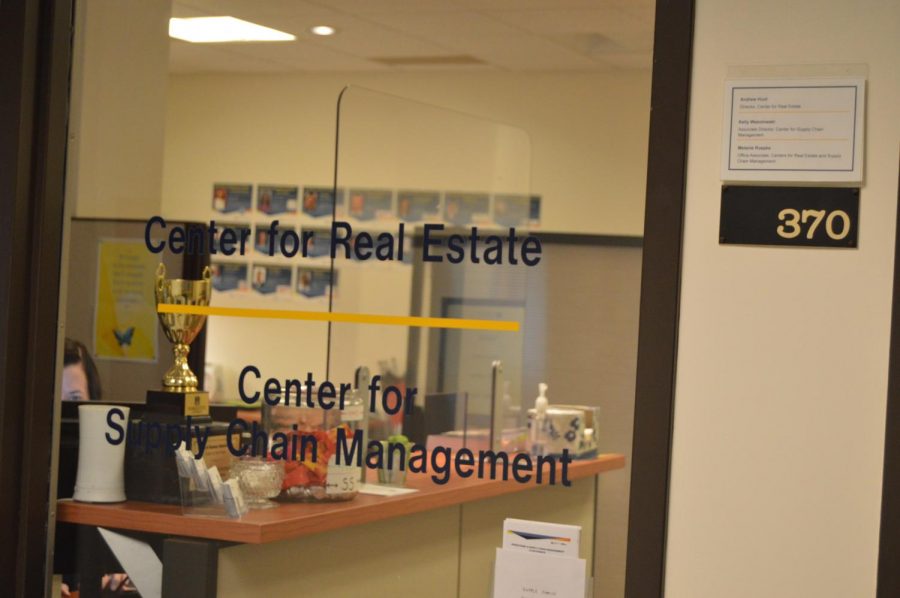When a player loses at a video game, a screen flashing ‘game over’ usually appears. Unfortunately for 1,500 employees nationwide at gaming giant Electronic Arts, it will be game over next year.
Last Thursday, EA announced it will cut 16 percent of its workforce by March 2010 as part of its new company restructuring plan.
These layoffs are intended to save the company $100 million annually, according to a report in the Wall Street Journal.
“We are making tough calls to cut costs in targeted areas and investing more in our biggest games and digital businesses,” EA Chief Eecutive Officer John Riccitiello said in a statement.
The statement did not explicitly say where the layoffs would occur. However, a Nov. 9 Orlando Sentinel report said EA’s Tiburon studio in Orlando lost 51 jobs – roughly 8.5 percent of the 600 jobs there. The Tiburon studio makes the popular “Madden NFL” franchise, among others.
This development came after EA announced it had purchased Playfish Limited, a third-party game application developer based in London, for $275 million. Playfish’s games can be used on social networking sites such as Facebook.
Last week, Redwood City, Calif.-based EA, founded in 1982, reported record second quarter net revenue at $1.15 billion.
That number surpassed 2008 by 2 percent and was largely driven by sales of new sports games “FIFA 10”, “Madden NFL 10”, “Need for Speed: Shift” and “NCAA Football 10.” It also didn’t hurt that in September, the company released the popular game The Beatles: Rock Band to satisfy the demand of music lovers.
But net loss for the quarter was $391 million as compared to $310 million at the same time in 2008.
David Clark, an associate professor of economics in the College of Business Administration, said when a merger occurs it is not uncommon to combine staff. That said, the company’s profits must not be where they would like given the number of layoffs, Clark said.
“The number seems relatively large, but it’s tough to say in what areas they occurred,” Clark said. “They wouldn’t be laid off necessarily if what they did got their product more into the market.”
Clark said EA’s cost structure was likely too high. This would be an attempt to increase profits by reducing costs and cutting staff, he said.
Noreen Lephardt, adjunct assistant professor of economics in the College of Business Administration, said the combination of the economic downturn and a reduced demand for nonessential goods like video games are contributing factors.
“There’s been a contraction in that industry,” Lephardt said. “Right now, they’re looking to save costs.”
She added that the company might be strategically positioning itself with the Playfish merger to develop applications that could be installed on new technology items like smartphones.
“The reason they might be acquiring it is because anything now associated with technology is changing,” she said.
Cheryl Maranto, an associate professor of management in the College of Business Administration, said a company would not make this move without valid reasons.
“It’s not clear if their bottom line is good,” Maranto said. “The longer the company goes with negatives, the harder it becomes to get things better.”










